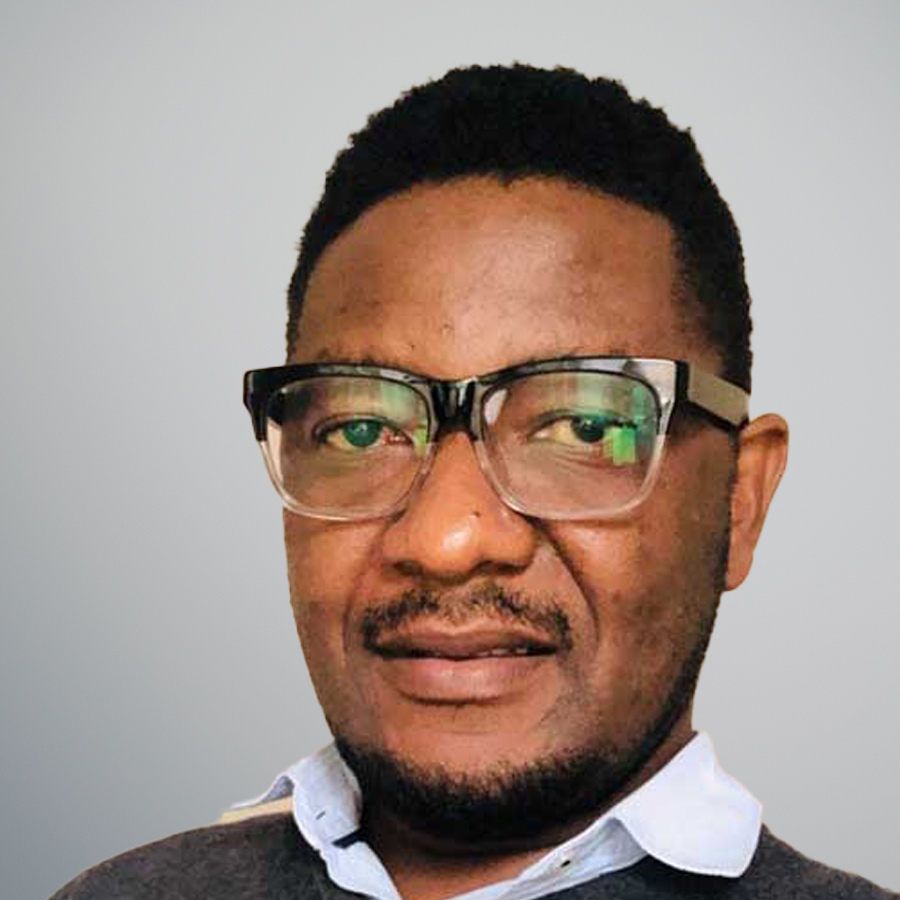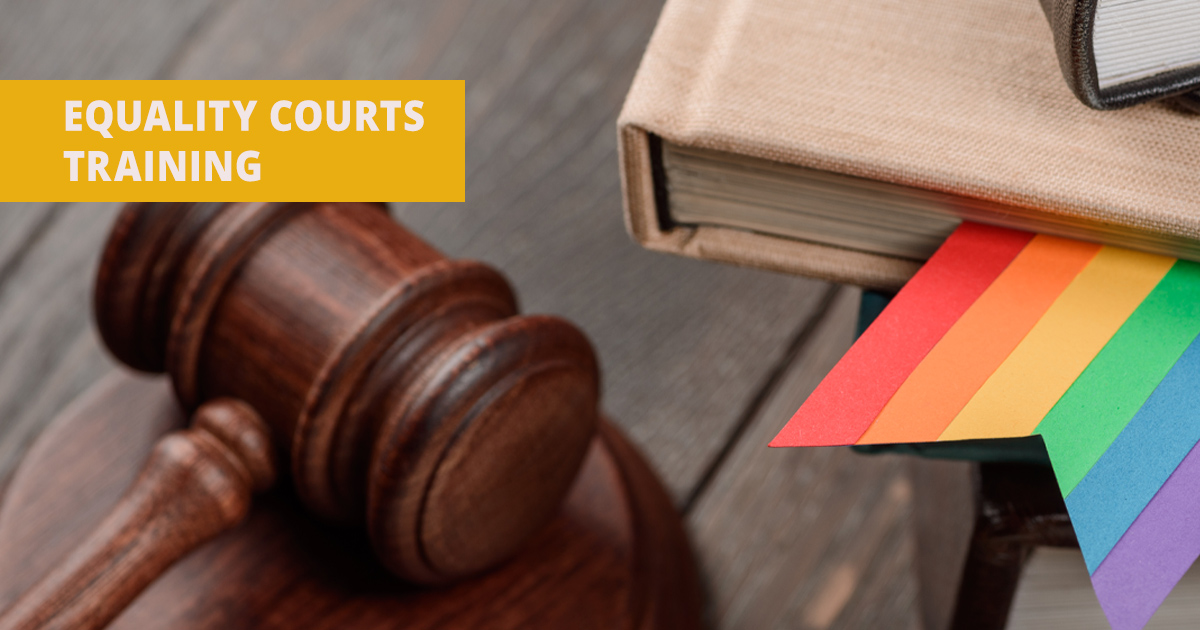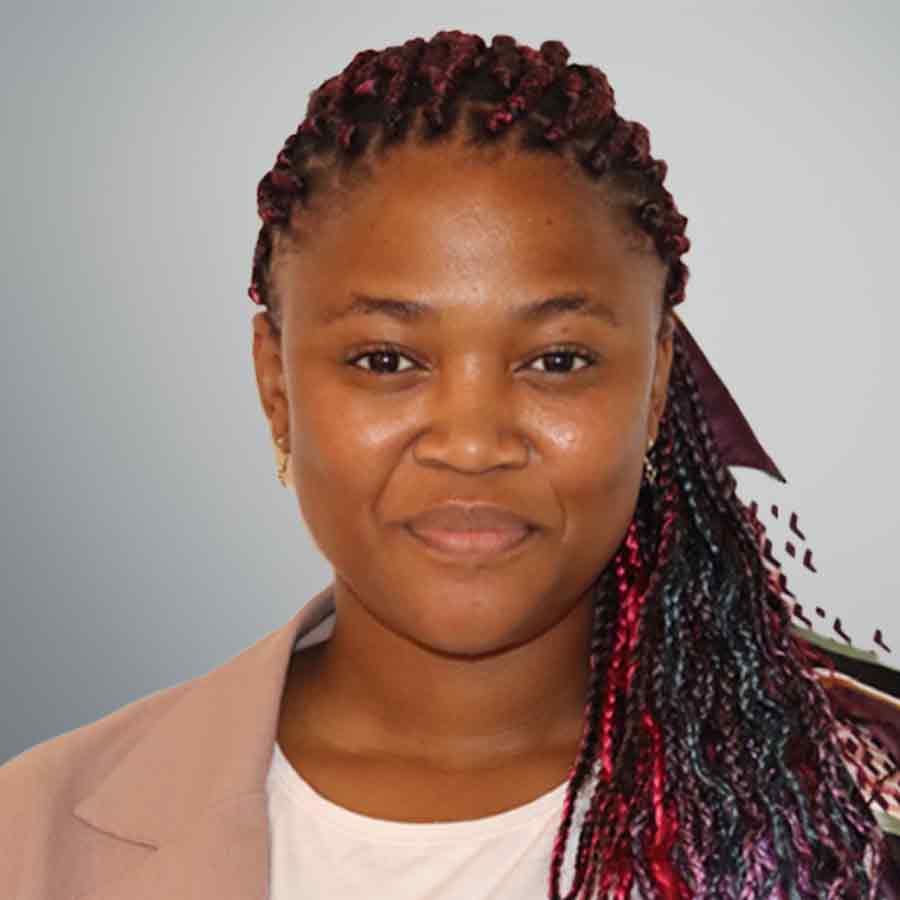On Tuesday 30 April 2024, the Centre for Human Rights (Centre) Faculty of Law, University of Pretoria, in collaboration with the Durban Lesbian and Gay Community and Health Centre, successfully conducted a full-day training session aimed at empowering LGBTQI+ persons on the usage of the South Africa Equality Courts.
The training, held online via Zoom, aimed at building confidence and knowledge on the Equality Courts as a recourse for unfair discrimination faced by sexual and gender minorities in South Africa. Attendees included colleagues from the Durban Lesbian and Gay Community and Health Centre’s social workers, human rights defenders (reactors) and project officers working with the LGBTQI+ community in Durban, Ugu and Tugela Districts.
Introducing the Durban Lesbian and gay Community and Health Centre, Aluta Hambane described the organisation as ‘a non-profit, non-partisan service provider aimed at empowering lesbian, gay, bisexual, and transgender communities by providing services, support and training to enable them to claim their rights to equality, dignity and freedom within the context of transformation. The training also shed light on the Centre’s initiatives such as the Beyond Zero funded program, which aims to address healthcare disparities faced by gender-diverse individuals and key populations, through innovative modules and outreach programs throughout KwaZulu- Natal.
Key highlights of the training included an analysis of the usage and adoption of terms and concepts such in the LGBTQI+ acronym to describe sexual and gender minorities. This was aimed at localising the terms for rural and Nguni-speaking communities. The participants shared reflections on the challenges of matching western conceptualisations of sexual and gender minorities and identities in English, with realities that these communities live with. To this Zola stated that, ‘people know and live with LGBT persons, but may not always label them with the terms used in English mainstream literature’. Zola added that their organisation is constantly engaged in efforts to translate LGBTQI+ concepts into accessible educational resources for communities, particularly in rural areas, where visibility and understanding is a critical challenge.
Elaborating on their experiences working with the community, *Sakhile, highlighted the reality of intersex persons being under-served due to their low visibility and them rarely presenting as intersex publicly in their communities. Sakhile underscored the importance of sensitivity, understanding and education on intersex advocacy.
Participants were also taken through some substantive provisions of the Promotion of Equality and Prevention of Unfair Discrimination Act (PEPUDA), the procedure for filing a complaint at the Equality Courts as well as the forms required to initiate proceedings at the Equality Courts. Examples of successful cases were highlighted and these included the September v Subramoney matter which was decided in 2019. The cases highlighted the fact that Equality Courts are able to decide cases which can help prevent and address discrimination based on sexual orientation and gender identity for sexual and gender minorities in all communities, including in rural communities. In this regard, participants were encouraged to identify cases going forward and use the Equality Courts to address discrimination based on sexual orientation or gender identity in their community.
Throughout the session , participants underscored the multifaceted approach required for effective LGBTQ+ advocacy, through psycho-social support, the development of advocacy material, research and the provision of human rights education.
At the end of the training participants had learnt more about where Equality Courts are situated, the definitions of unfair discrimination, hate speech and harassment as defined by the Promotion of Equality and Prevention of Unfair Discrimination Act (PEPUDA), as well as how to bring a matter before the courts.
The Centre extends its gratitude to all participants and the Durban Lesbian and Gay Community and Health Centre for their support and invaluable contributions during the training. The Centre is grateful for the support of the European Union in enabling the ‘access to Equality Courts in South Africa’ training project.
For more information, please contact:

Tel: +27 (0) 12 420 3151
landilani.banda@up.ac.za



